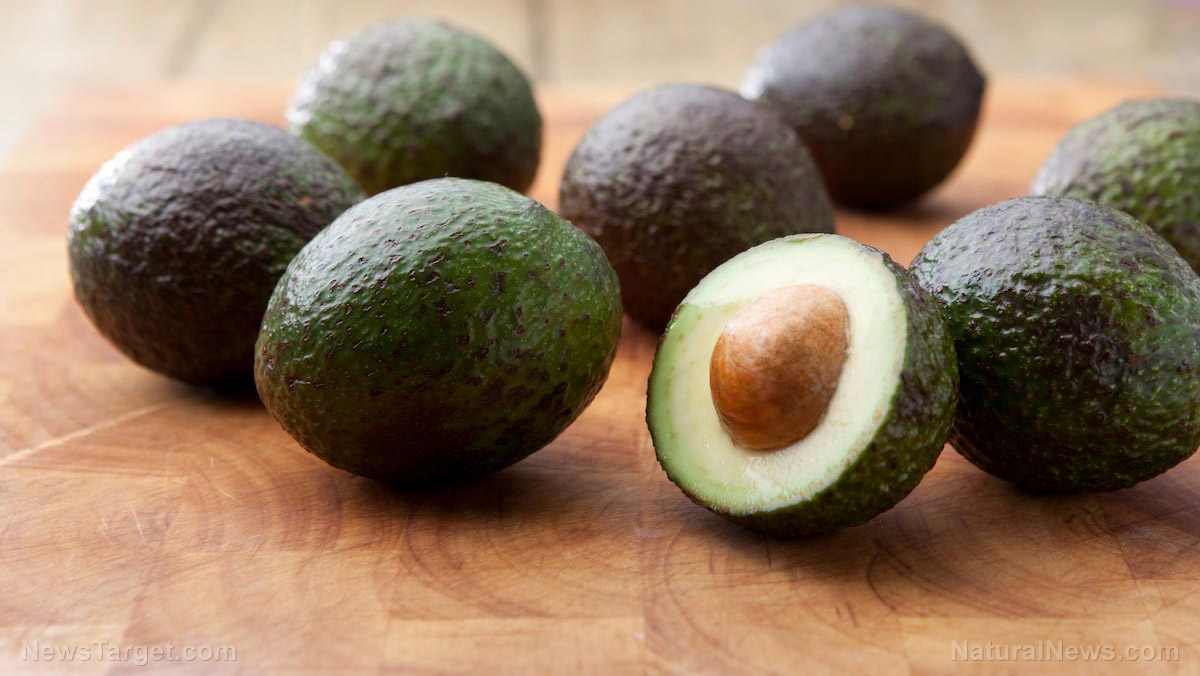Why lemons are a cheap but effective way to maintain good oral hygiene
02/12/2019 / By Michelle Simmons

Maintaining good oral hygiene does not need expensive mouthwash or toothpaste. Instead, use lemons. Lemons and other citrus fruits have been associated with many health benefits, such as a lowered risk for gastrointestinal and esophageal cancer, and cardiovascular diseases. In a recent study, it was also revealed that the extract of the rind of lemon has potential protective effects against oral health problems.
Published in the journal Medicines, the study suggests that lemon rind extract may be used in protecting the oral cavity against oxidative and bacterial injuries.
The rind of lemons and other citrus fruits is commonly considered organic waste. However, citrus rinds are actually a great source of phenolic compounds that have been shown to possess anti-inflammatory, antioxidant, and antimicrobial properties.
For the study, a team of researchers from Italy looked at the antioxidant and antibacterial effects of lemon rind extract. The research team obtained the extract of the rind of lemon by maceration in ethanol, evaporation, and freeze-drying. When they looked at the phytochemical profile of the extract, they found that its most abundant components were gallic acid, neohesperidin, eriocitrin, and neoeriocitrin.
The team also examined the effects of lemon rind extract on oral mucosa in vitro in keratinocytes. The oral cavity is always exposed to irritants and pathogens that can bring about local disorders linked to oxidative stress and microbial infections. In addition, periodontitis, caries, oral precancerosis, and gingivitis can enhance oxidative injury. They found that lemon rind extract prevented oxidative damage and cell death, as well as prevented bacterial growth.
Based on these findings, the research team concluded that lemon rind extract has potential benefits in protecting the oral cavity against oxidative and bacterial injuries.
Other health benefits of lemon rind
Whenever you make lemon juice, do not throw away the lemon peels or rinds. In addition to oral health, lemon rind offers the following health benefits:
- It gives you vitamins: Lemon rind contains more vitamins than the juice itself. It contains five to 10 times more vitamin C, vitamin A, beta-carotene, calcium, magnesium, and potassium than lemon juice.
- It helps protect against cancer: Lemon rind can help the body eliminate carcinogenic substances. Lemon rind contains salvestrol Q40 and limonene, which are known to combat cancerous cells in the body. The flavonoids in the rind also help. Research has also shown that drinking hot tea with lemon peel can prevent the development of cancer cells.
- It strengthens the bones: Lemon rind can also enhance bone health because of its calcium and vitamin C content. It can help prevent various bone conditions, such as osteoporosis, rheumatoid arthritis, and inflammatory polyarthritis.
- It helps lower cholesterol levels: Consuming lemon rind also has heart health benefits. Evidence shows that it can help lower the levels of low-density lipoprotein (LDL) cholesterol or “bad” cholesterol. This effect can be attributed to its polyphenol content. In addition, its vitamin C content helps in clearing the blood vessels, which, in turn, reduces the risk of developing high blood pressure, heart disease, and diabetic heart disease.
You can consume lemon rinds by grating frozen lemon peels and adding them to your meals, drinks, or soups. This will also give them a fresh flavor. (Related: 12 Amazing Benefits & Uses Of Leftover Lemon Peels.)
Read more news stories and studies on natural medicines like lemons by going to NaturalMedicine.news.
Sources include:
Tagged Under: alternative medicine, Cures, herbal medicine, Lemon, lemon peel, lemon rind, lemon rind extract, medicinal plants, natural cures, natural healing, natural medicine, natural remedies, oral health, oral hygience, prevention


















